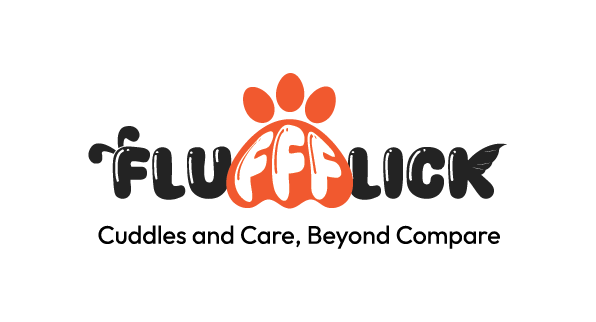A healthy and shiny coat is a sign of a well-cared-for pet, reflecting their overall health and happiness. Whether you have a dog or a cat, maintaining their coat requires consistent grooming, a balanced diet, and proper care. In this article, we’ll explore the best tips for a healthy pet coat and how to keep your furry friend looking their best.
1. Balanced Diet for Coat Health
A pet’s coat health begins from within. Like humans, animals need proper nutrients to maintain shiny and soft fur. Omega-3 and Omega-6 fatty acids are crucial in improving your pet’s skin and coat health. These can be found in foods such as fish oil, flaxseeds, and high-quality pet food. Make sure you are providing your pet with food that is rich in these nutrients.
Protein is another essential element of your pet’s diet. It supports skin repair and hair growth, keeping the coat strong and smooth. Consult your vet to choose the right food tailored to your pet’s breed, size, and specific needs.
2. Regular Grooming for a Shiny Coat
Regular grooming is key to maintaining a shiny dog coat or a lustrous coat for any pet. Brushing removes loose fur, dirt, and dander, and stimulates the natural oils in your pet’s skin. These oils are crucial for giving their coat a natural sheen.
For long-haired breeds, especially cats, grooming is even more important. Cat coat care for long-haired breeds requires frequent brushing to prevent matting and tangles. Long-haired cats, like Maine Coons and Persians, benefit from daily grooming to keep their fur smooth and healthy.
3. Bathing for Skin and Coat Health
While brushing is important, bathing your pet also contributes significantly to their coat health. However, it’s essential to avoid over-bathing, as it can strip the natural oils from their skin, leaving their coat dry and flaky. Use a gentle, pet-specific shampoo to maintain a balance between cleanliness and skin moisture.
For dogs, you should bathe them every 4 to 6 weeks or as needed. Cats, particularly those who stay indoors, may require fewer baths but benefit from the occasional rinse to keep their coat fresh.
4. Use Supplements if Needed
If your pet’s coat appears dull or dry despite regular care, supplements may be helpful. Speak to your vet about Omega-3 fatty acid supplements or other vitamins that can improve your pet’s skin and coat health. These supplements can be a great addition to your pet’s diet, especially if their food lacks essential nutrients.
5. Watch for Skin Conditions
Your pet’s coat can be a reflection of their internal health. If your pet starts shedding excessively, has bald patches, or shows signs of dry or flaky skin, it could indicate an underlying health issue. Common skin conditions like allergies, fungal infections, or parasites can negatively affect pet grooming for shiny fur. Make sure to consult your vet if you notice any of these signs.
6. Keep Your Pet Hydrated
Proper hydration is often overlooked when discussing coat care, but it plays a vital role. Ensure that your pet always has access to fresh water, as dehydration can lead to dry skin and dull fur. Keeping your pet hydrated will naturally help them maintain a healthy and shiny coat.
Conclusion
A shiny and healthy coat is not just about aesthetics—it’s a reflection of your pet’s overall well-being. With the right combination of a balanced diet, regular grooming, and proper health care, you can ensure that your pet’s coat remains soft, shiny, and full of life. Follow these best tips for a healthy pet coat to keep your furry friend looking and feeling their best!

